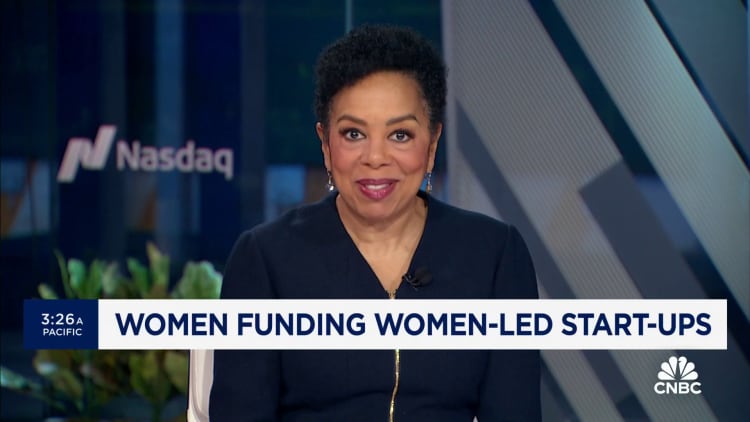Eric Raptosh Photography | Tetra Images | Getty Images
It is often said that without risk, there is no reward.
It’s a maxim that poker and chess pro Jennifer Shahade, author of “Play Like a Champion,” knows well.
“In poker, risk and calibrating risk is the name of the game,” Shahade said during the CNBC Women & Wealth event on Tuesday.
If you risk too much, you will lose your money quickly, Shahade said. If, instead, you don’t risk enough, you will also lose all your money, but very slowly, she said.
“It’s certainly about finding that balance,” Shahade said. “I like to tell women who aren’t as comfortable with risk that not taking any risks, that is a risk as well.”
When you play poker, you will learn that lesson, and hopefully be able to apply it to your life and finances as well, she said.
The most important takeaway is to know yourself, said Shahade, who relies on a combination of intuition and data to time her moves right.
“You’ve got to find those right moments,” Shahade said. “And that’s a combination of the data and your instincts.”
The biggest risk to women’s portfolios
When it comes to investing, women tend to have positive returns and outperform men by 40 basis points, research from Fidelity Investments has found.
Yet, women also tend to hold too much cash, and often they feel they need to know more before they invest.
“The biggest risk to women’s portfolios is they don’t take enough risk,” said Nancy Tengler, CEO and chief investment officer of Laffer Tengler Investments in Scottsdale, Arizona.

By sitting on the sidelines, women run the risk of missing out on the market’s best days, or not adding more to an investment that might be just temporarily faring poorly, said Tengler, who is the author of the book, “The Women’s Guide to Successful Investing.”
“If you buy great companies, stocks you can own for a lifetime, almost always it makes sense to add to them,” Tengler said. “And it may take a couple of years, but that’s why you own a portfolio.”

